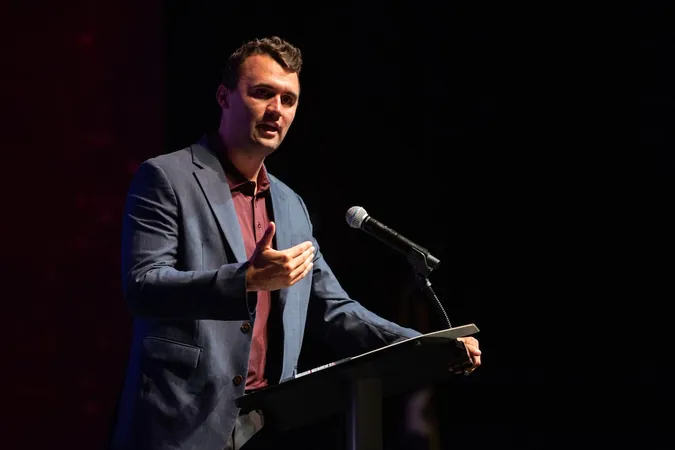
Meme Culture Fuels Violence: The Shocking Case of Charlie Kirk's Assassination
2025-09-19
Author: Michael
Charlie Kirk's Tragic Death: A Startling Reality
In a chilling incident that has sent shockwaves through the political landscape, Charlie Kirk was gunned down at Utah Valley University. The bullet that ended his life came from a casing inscribed with the bizarre phrase, "notices bulges OWO what’s this?" For many, it conjures memories of a mid-2010s meme poking fun at furries — a subculture known for role-playing as anthropomorphic animals.
Authorities are now uncovering deeper layers to this tragedy. They've charged the suspected shooter, 22-year-old Tyler Robinson, with aggravated murder and are pursuing the death penalty, with a shocking confession stemming from a web of memes and social media influence.
The Disturbing Motives Behind the Attack
As investigations continue, shocking messages between Robinson and his romantic partner reveal that he harbored strong opposition to Kirk’s beliefs, stating he'd had "enough of his hatred." Friends and family suggest that Robinson had shifted politically, becoming more progressive and advocating for LGBTQ+ rights.
Experts on extremism note a disturbing trend: contemporary mass shooters seem to be driven not just by ideology, but by a desire for notoriety, often cloaked in the language of memes. Jakob Guhl, an expert from the Institute for Strategic Dialogue, asserts that this shift towards trolling—where acts of violence double as media spectacles—marks a new era in mass attacks.
A New Era of Media and Mass Violence
Robinson’s bullet casings weren't just sinister; they were memes themselves, featuring phrases like "Hey fascist! Catch!" referencing the game Helldivers 2, and "If you read this you are gay LMAO." Rather than reflecting a coherent ideology, they indicate a fixation on online fame and visibility.
The brutality of these actions raises unsettling questions about our relationship with graphic content. In a digital age where violence is often immortalized on social media, the narratives surrounding these attacks risk becoming mere entertainment.
The Broader Implications of Meme Culture
From livestreamed attacks to meme-laden manifestos, the blending of violence and internet culture has created an alarming feedback loop. Guhl notes that many attackers seek to replicate past horrors for the thrill of notoriety among niche online communities, underscoring a shift in how violence is perceived.
Rachel Kowert, a researcher studying extremism and gaming, warns of the echo chambers in which extreme ideas flourish, becoming normalized for individuals entrenched in these environments. As memes become a form of currency in the realm of online violence, the lines between reality and parody blur.
The Online Reaction and Political Rhetoric
As the case unfolds, reactions have polarized the internet. Initial claims by political figures, including Donald Trump, attributing the attack to 'radical left lunatics', have spiraled into rampant misinformation and speculation about Robinson's motives. With no clear ideological manifesto, online debates intensify, suggesting his words could even be fabricated.
The grim conversation around Kirk's assassination highlights a troubling trend in how society consumes violence — a morbid mix of horror and sensationalism circulating alongside mundane memes and challenges.
In Conclusion: A Warning for Society
The assassination of Charlie Kirk urges us to confront uncomfortable truths about civil discourse and the normalization of violent content in our media landscape. As we scroll through our feeds, the intertwining of entertainment and tragedy begs a critical examination of the path we tread in an age where memes can catalyze chaos.
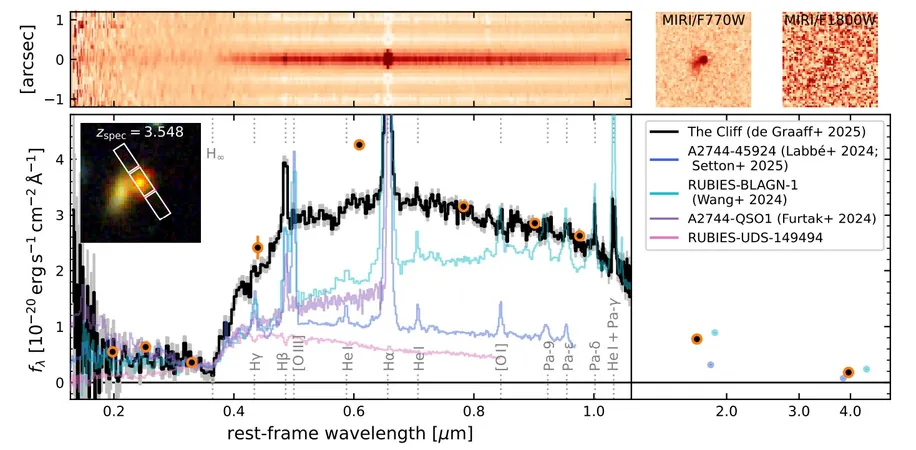
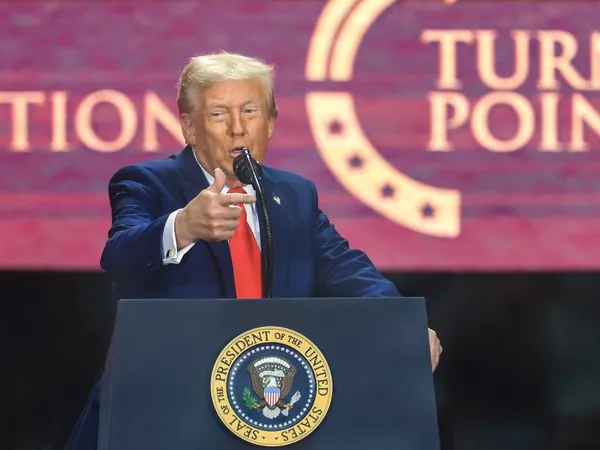


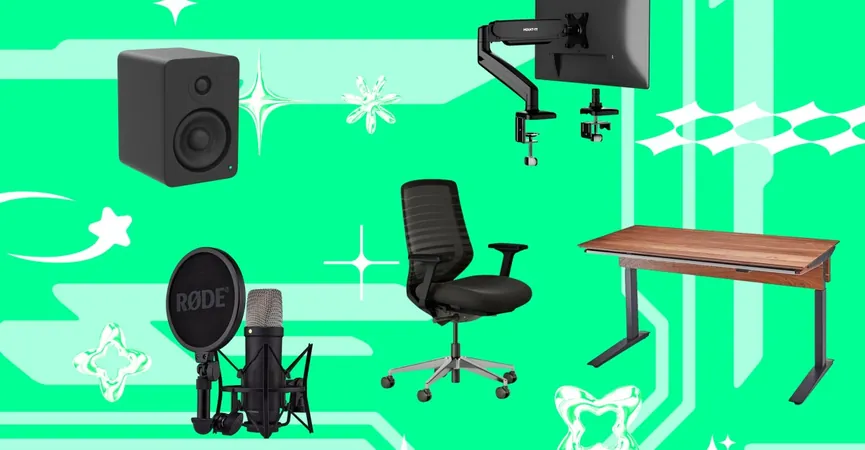

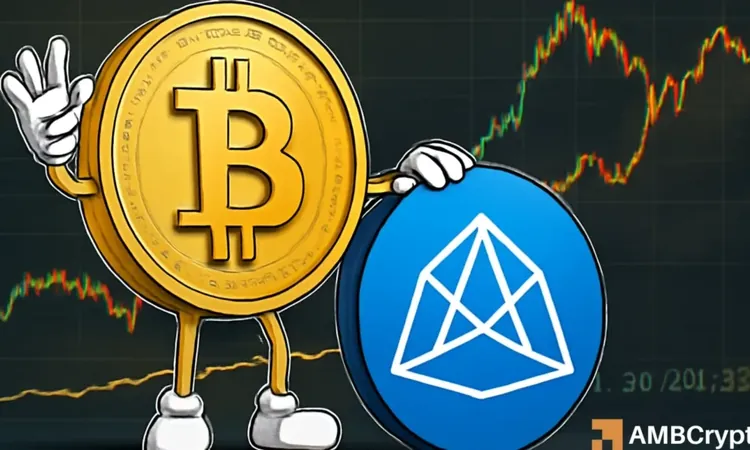

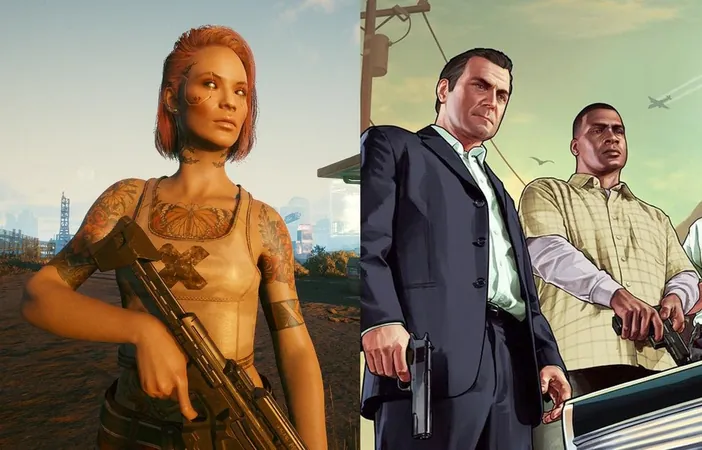
 Brasil (PT)
Brasil (PT)
 Canada (EN)
Canada (EN)
 Chile (ES)
Chile (ES)
 Česko (CS)
Česko (CS)
 대한민국 (KO)
대한민국 (KO)
 España (ES)
España (ES)
 France (FR)
France (FR)
 Hong Kong (EN)
Hong Kong (EN)
 Italia (IT)
Italia (IT)
 日本 (JA)
日本 (JA)
 Magyarország (HU)
Magyarország (HU)
 Norge (NO)
Norge (NO)
 Polska (PL)
Polska (PL)
 Schweiz (DE)
Schweiz (DE)
 Singapore (EN)
Singapore (EN)
 Sverige (SV)
Sverige (SV)
 Suomi (FI)
Suomi (FI)
 Türkiye (TR)
Türkiye (TR)
 الإمارات العربية المتحدة (AR)
الإمارات العربية المتحدة (AR)